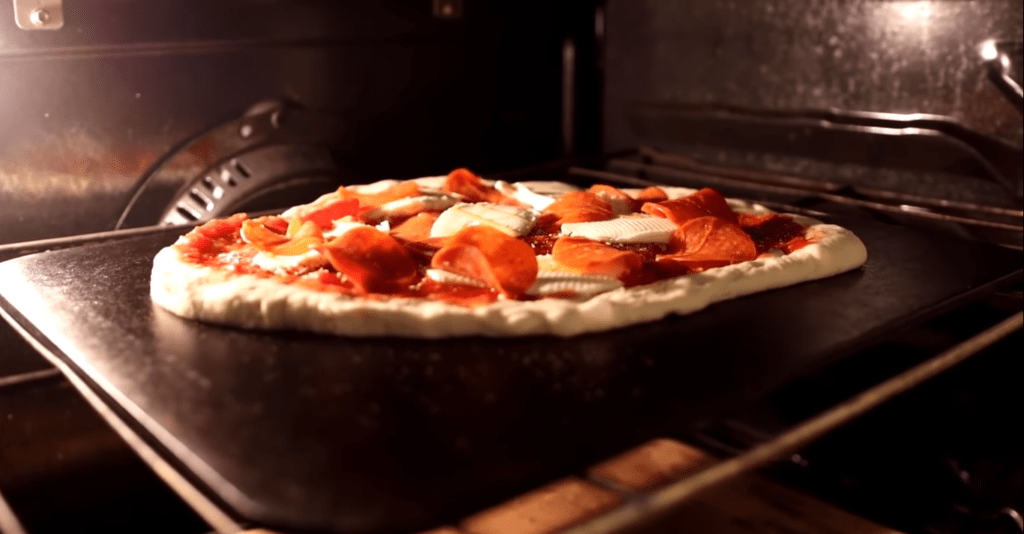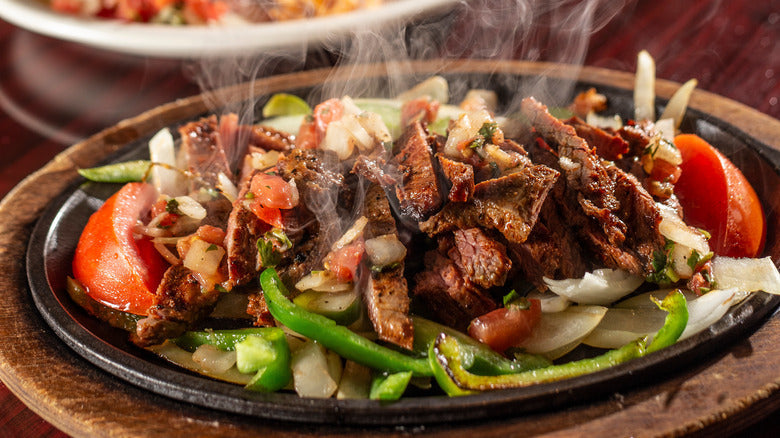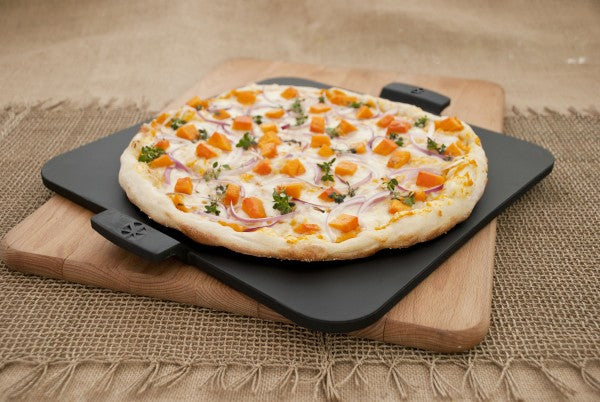The task of cleaning burnt food off a baking stone can often seem daunting, especially for the busy kitchen professional juggling multiple tasks. However, with the right approach, techniques, and a dash of patience, this task becomes manageable and part of maintaining your kitchen tools in top condition. Let's explore the best methods to handle this challenge effectively and ensure your baking stone remains a faithful ally in your culinary creations.
Understanding Your Baking Stone
Before delving into cleaning methods, its crucial to understand the material composition of your baking stone. Typically made from ceramic or cordierite, baking stones absorb heat uniformly, making them excellent tools for baking bread, pizzas, and more. This quality also requires delicate cleaning methods to avoid damaging the stone's surface or affecting its performance.
Referencing tips from this resource, which details how to properly use a baking stone, can also enrich your understanding and approach.
Why Burnt Residue Matters
Residual burnt food not only affects aesthetic but also influences the flavors in subsequent bakes, potentially tainting the integrity of future dishes. Furthermore, improper cleaning can lead to uneven heating and even cracking of your stone, shortening its lifespan.
Initial Cleaning Approach
Start by allowing the stone to cool completely; never immerse a hot baking stone in water as it might crack. Begin with the gentlest method: scrubbing with a plastic scraper or spatula. Avoid using metal objects that can scratch the surface.
Using Baking Soda and Water
If the residue remains, create a cleaning paste using baking soda and water. Spread this over the scorched areas and let it sit for 10-15 minutes before gently scrubbing again. This mild abrasive solution helps in lifting stubborn stains without harming the stone.
For more detailed cleaning insights and care tips, visit this article on baking stone care tips.
Advanced Cleaning Techniques
Vinegar and Cornstarch Mixture
Another effective method involves mixing vinegar with cornstarch to create a paste applied over burnt spots. Let it sit, then scrub gently with a brush or cloth. This approach is particularly useful for dealing with olive or cheese residues.
Professional Cleaning Solutions
There are several baking stone cleaning solutions available in the market. These solutions often combine various mild acids and scrubbing agents that can penetrate deep into the stone's pores to eliminate burnt residues while protecting the integrity of the stone. Be sure to follow the manufacturer's instructions when using these products.
Preventing Future Burnt Residue
Prevention is better than cure. Line your stone with parchment paper when baking sugary or fatty items that are prone to burning. Regularly scrape off food residue after each use, and store your stone in a dry place to avoid moisture buildup.
Explore more about proper usage techniques in this detailed guide: how to use a cooking stone.
Care and Maintenance
Lastly, remember that proper care extends your baking stone's lifespan. Avoid soap as it can penetrate the stone's porous surface, affecting the taste of your delicious bakes. Instead, rely on natural cleaning methods shared here to maintain its prime condition.
To delve deeper into care and maintenance, read this useful guide: how to use a baking stone for pizza.
Final Thoughts
Caring for your baking stone by removing burnt food residue not only maintains its functionality but also ensures the highest quality of culinary results. Employing these simple yet effective cleaning strategies, your baking stone will remain an enduring part of your kitchen toolkit.
For more inspiration and creative ways to use your baking stone beyond cleaning, check out this article on its multifaceted utility: 6 ways to use baking stones.
:max_bytes(150000):strip_icc()/pizza-stone-testing-winners-lodge-pre-seasoned-cast-iron-baking-pan-wdickey-3-07-4acd6ee95c134013907ffa659ffb212d.jpeg)
FAQ
What should I avoid when cleaning my baking stone?
Avoid using soap or detergents as they can seep into the stone and later affect your bakes with a soapy taste. Also, never submerge a hot stone in cold water as this can cause cracks.
Can I use a metal utensil to scrape off burnt food?
No, metal utensils can scratch and damage the surface of the baking stone. Always use plastic or wooden scrapers for removing burnt food.
How often should I clean my baking stone?
Clean your stone after each use to prevent any buildup of food residue. Regular maintenance ensures longer durability and better performance of your baking stone.
This article contains affiliate links. We may earn a commission at no extra cost to you.






Leave a comment
This site is protected by hCaptcha and the hCaptcha Privacy Policy and Terms of Service apply.